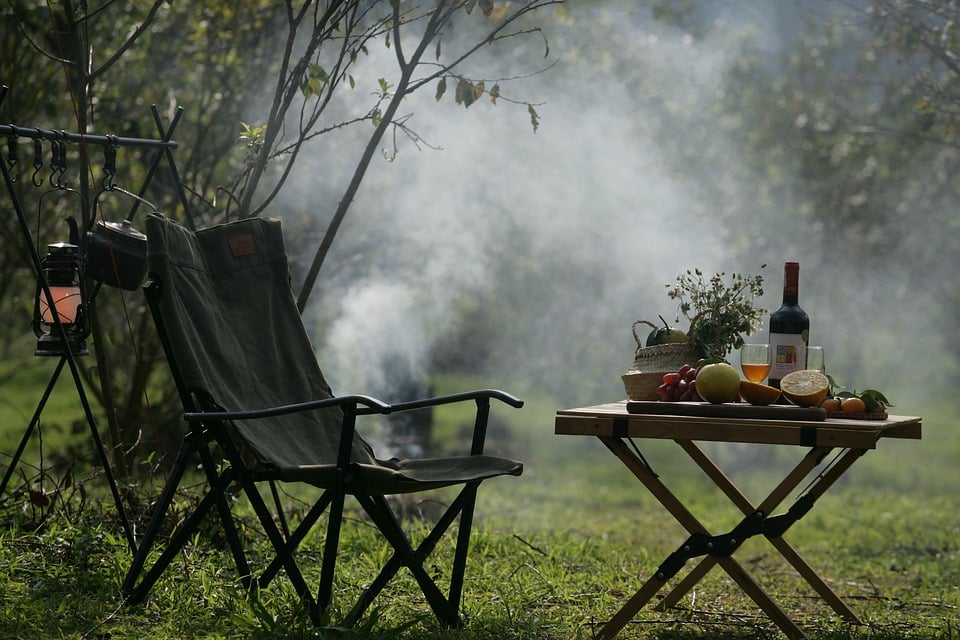Whether you are an experienced backpacker or a novice adventurer, having survival skills is essential for any outdoor excursion. While most trips go off without a hitch, accidents and emergencies can happen unexpectedly. Being prepared and knowing how to handle various situations can make all the difference in a potentially dangerous situation. Here are some survival skills every backpacker should know:
1. Navigation: It is crucial to know how to read a map and use a compass. GPS devices and smartphones can be helpful, but they can fail or lose signal in remote areas. Having the skills to navigate with traditional tools can be a lifesaver.
2. Fire Starting: Knowing how to start a fire is a vital survival skill. Fire can provide warmth, light, and a way to cook food. Bring waterproof matches, a lighter, or a fire starter in your pack in case of emergency.
3. Shelter Building: In case you get stranded or lost, knowing how to build a shelter using natural materials is important. A simple lean-to or debris hut can provide protection from the elements.
4. Water Procurement: Staying hydrated is essential for survival. Know how to find and purify water from natural sources like streams, rivers, and lakes. Boiling, filtering, and using water purification tablets are effective methods.
5. First Aid: Carrying a first aid kit and knowing how to use it is crucial for treating injuries and illnesses while backpacking. Basic first aid skills like wound care, CPR, and treating burns can help in an emergency.
6. Food Gathering: Knowing how to forage for wild edibles or fish can provide additional sustenance if your food supply runs out. Researching edible plants and fishing techniques before your trip can be beneficial.
7. Signal for Help: In case of an emergency, knowing how to signal for help is important. Use a whistle, mirror, or signal fire to attract attention from rescuers.
8. Stay Calm: One of the most important survival skills is to stay calm and think clearly in stressful situations. Panic can cloud your judgment and make a bad situation worse. Take a deep breath, assess the situation, and make a plan.
By learning and practicing these survival skills before your backpacking trip, you can be better prepared for any potential emergencies that may arise. Remember to always tell someone your itinerary and expected return time, so they can alert authorities if you do not return on schedule. Being prepared and knowledgeable can help ensure a safe and successful outdoor adventure.
